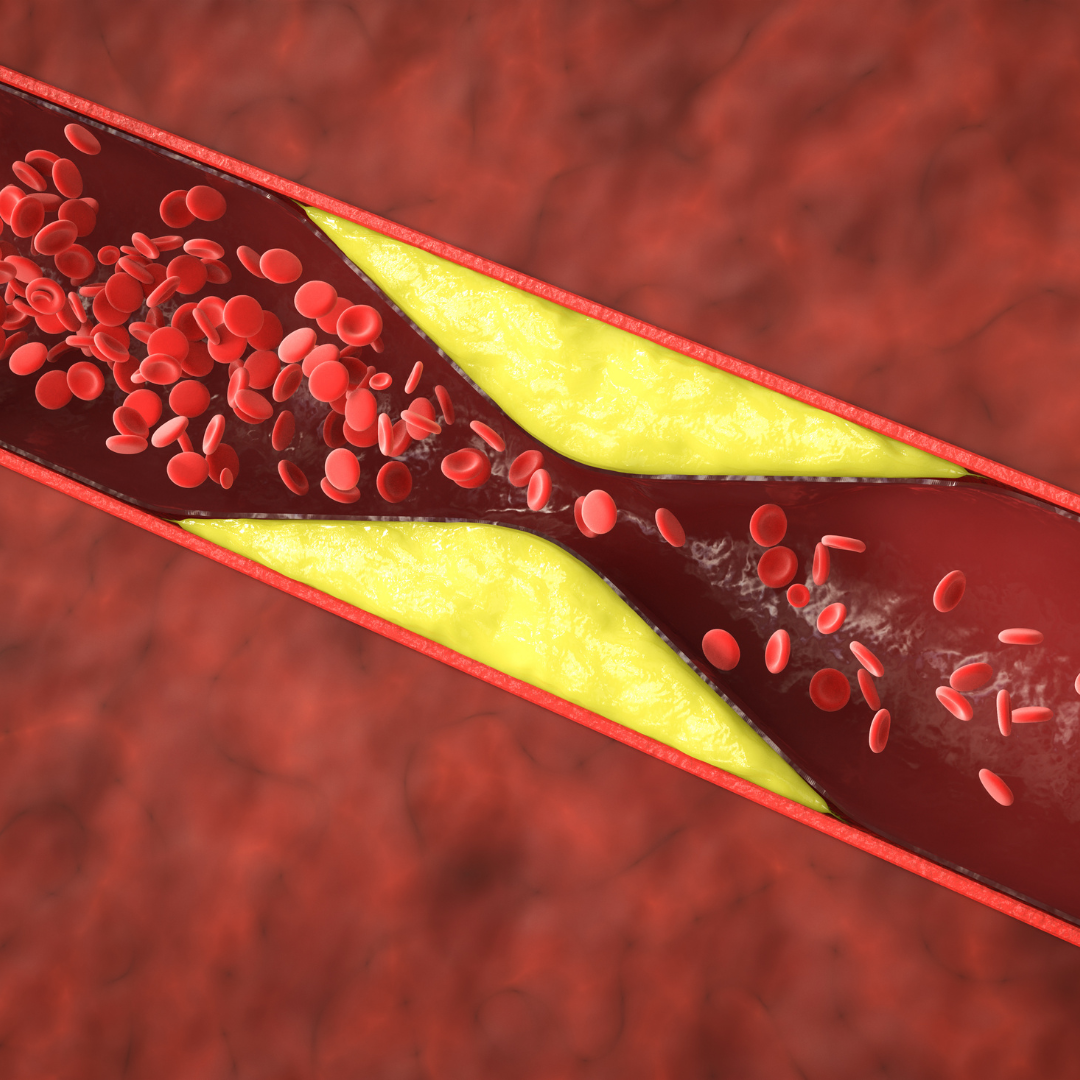High Cholesterol
Lowering High Cholesterol
Lowering high cholesterol can lower your risk of heart disease, heart attacks, and stroke. Usually treatment plans for lowering high cholesterol includes medication, lifestyle change, or a combination.
Your goal when treating high cholesterol is to reduce your LDL (bad cholesterol) and increase your HDL (good cholesterol).
Some general lifestyle changes that can help you lower your cholesterol include:
- Eat heart healthy foods low in saturated and trans fats, increasing fiber, and eating foods rich in omega-3 fatty acids.
- Swap food choices that contribute to weight gain like choosing water over sugary drinks or eating lower calorie snacks as opposed to candies or chips when you’re craving a snack.
- Increase physical activity to most days of the week.
- Quit smoking.
- If you drink alcohol, do so in moderation.

How can a group medical visit help?
Lowering your cholesterol can feel like a daunting challenge, especially when it comes to lifestyle changes. Changing your diet and exercise can be hard and you may not know where to start or which lifestyle changes are realistic for you. Learning about your diagnosis alongside others can help you find out what changes are right for you and try out some you hadn’t considered before.
Group Medical visits offer people an additional resource to help manage their conditions with the support of medical providers, dietitians, and mental health experts, as well as the lived experiences of other patients.



